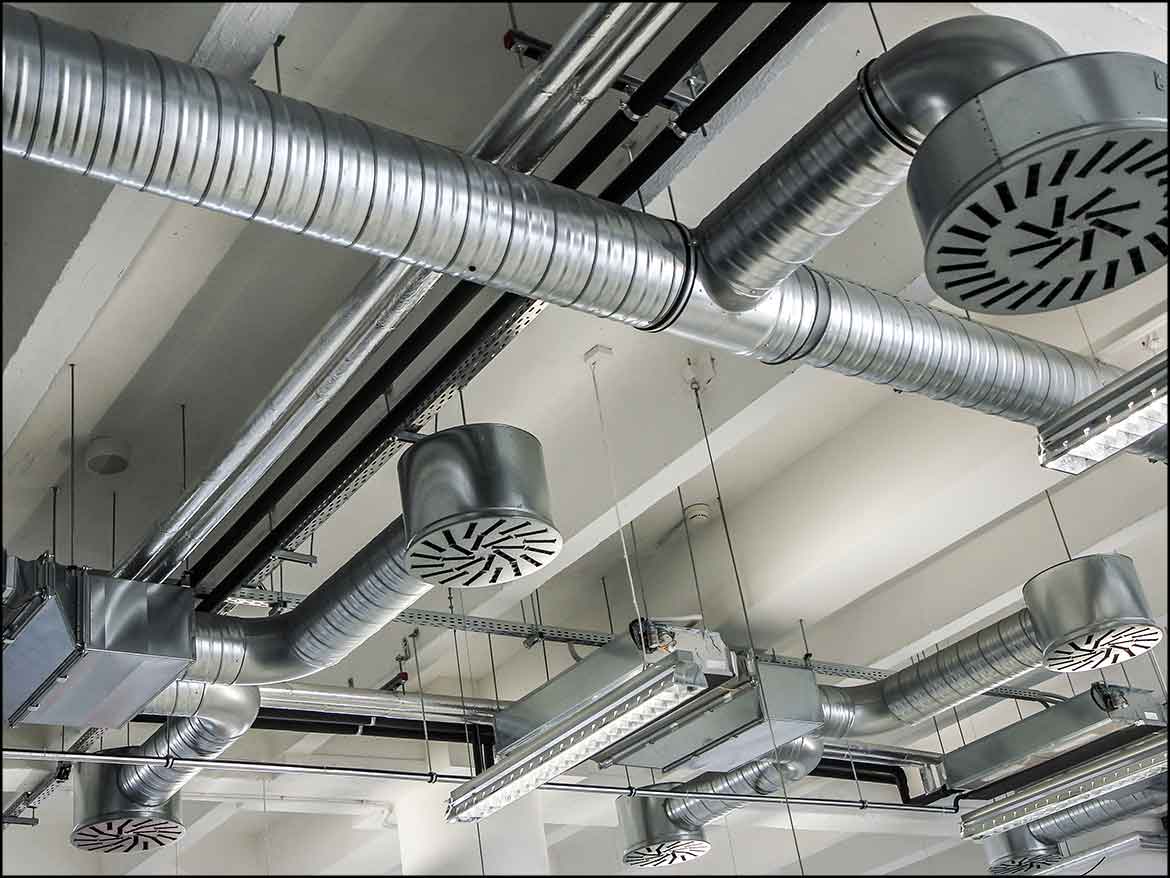Climate Control Chronicles: Mastering Your Home's Heating and Air Conditioning
Climate Control Chronicles: Mastering Your Home's Heating and Air Conditioning
Blog Article

In today's fast-paced world, the comfort of our homes has become a priority for many of us. Whether it's the blistering heat of summer or the biting cold of winter, managing our indoor climate is essential for creating a welcoming and relaxing environment. Heating and air conditioning systems play a crucial role in maintaining this comfort, but understanding how to make the most of these systems can sometimes feel overwhelming.
As we navigate the complexities of heating and air conditioning, it's important to grasp the fundamentals of these vital technologies. From choosing the right system for your space to understanding maintenance and energy efficiency, mastering your home's climate control can lead to not only enhanced comfort but also savings on your energy bills. In this guide, we will delve into the various aspects of heating and air conditioning, offering practical tips and insights to help you create the perfect atmosphere in your home all year round.
Understanding HVAC Systems
Heating, ventilation, and air conditioning, commonly known as HVAC, play a crucial role in maintaining indoor comfort throughout the seasons. These systems work together to regulate temperature, humidity, and air quality within residential and commercial spaces. Understanding how these components function can empower homeowners to make informed decisions regarding energy efficiency and comfort in their living environments.
At the heart of HVAC systems is the furnace or boiler, which provides heating during colder months. Furnaces can be powered by various fuels, including natural gas, electricity, and oil. On the cooling side, air conditioning units remove heat from the indoor air and replace it with cooler air, offering relief during hot summer months. These systems often use refrigerants to absorb and expel heat, effectively lowering indoor temperatures for a pleasant atmosphere.
Beyond heating and cooling, ventilation is a key aspect that often goes unnoticed. Proper ventilation ensures a steady flow of fresh air while exhausting stale air, which is essential for maintaining indoor air quality. This can be achieved through mechanical systems such as exhaust fans and air exchange systems or through natural methods via windows and vents. Understanding these components allows homeowners to optimize their HVAC systems for both energy efficiency and comfort.
Energy Efficiency Tips
To maximize energy efficiency in your heating and air conditioning systems, regular maintenance is essential. Scheduling annual inspections with a qualified technician can help identify and address potential issues before they become major problems. During these inspections, filters can be replaced or cleaned, ensuring that your system operates smoothly and does not have to work harder than necessary. A well-maintained system runs more efficiently, keeping your energy bills lower and extending the lifespan of your equipment.
Another effective way to improve energy efficiency is to optimize your thermostat settings. By setting your thermostat a few degrees higher in the summer and lower in the winter, you can significantly reduce energy consumption. Additionally, consider installing a programmable or smart thermostat that automatically adjusts the temperature based on your daily routine. This technology can help you maintain comfort while minimizing unnecessary heating and cooling when you are not home.
Sealing and insulating your home also plays a crucial role in enhancing energy efficiency. Check for drafts around windows and doors, and use weatherstripping or caulking to seal any gaps. Proper insulation in your attic, walls, and floors can prevent heat loss in winter and keep cool air inside during summer months. Improving your home's envelope not only supports your heating and air conditioning systems to work more efficiently, but it also contributes to a comfortable living environment year-round.
https://www.bostonconstruct.com
Maintenance and Troubleshooting
Regular maintenance is crucial for the optimal performance of your heating and air conditioning systems. Changing air filters monthly helps maintain airflow and improves indoor air quality. Ensure your outdoor units are clear of debris, such as leaves and dirt, to prevent blockages and enhance efficiency. Scheduling professional inspections at least once a year can help identify potential issues before they become major problems, keeping your system running smoothly.
When troubleshooting heating and air conditioning issues, start by checking the thermostat settings. Ensure it is correctly set to your desired temperature and functioning properly. If the system is not responding, check for tripped circuit breakers or blown fuses in the electrical panel. Additionally, verify that the vents are open and unblocked, as this can impact airflow and overall performance.
If basic troubleshooting does not resolve the issue, further investigation may be required. For heating, listen for unusual sounds, which could indicate mechanical problems. For air conditioning, check for ice buildup on the coils, as this can signal refrigerant issues or airflow problems. If you encounter persistent issues or complex repairs are needed, it is best to contact a licensed technician to avoid further damage and ensure safety.
Report this page